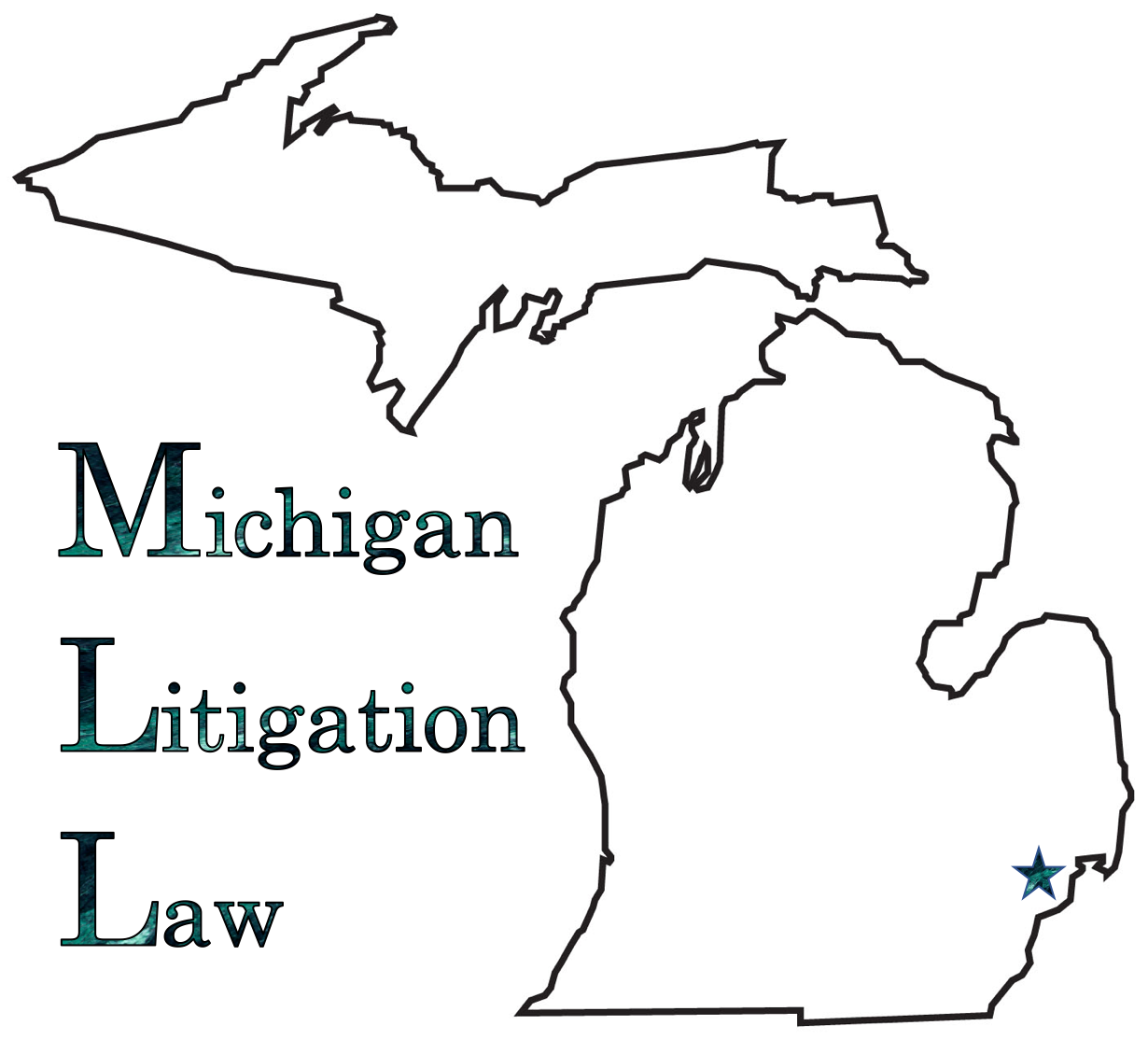What is a Waiver?
A waiver occurs when an person (or employer in this context) surrenders or voluntary relinquishes a known right.
While waivers are implicitly voluntary, they may be inadvertent. Supervisors must avoid conduct that excuses an employee’s failure to satisfy an unperformed duty and that could later be construed as an implied waiver of the right to terminate for cause or at will.
What is Estoppel?
a bar or preclusion from exercising a right.
In the employment context, this usually arises when a supervisor has made a promise or concession, sometimes inadvertently, that the law will enforce as an express or implied contract or on a theory of promissory estoppel.
The Key is Promising Future Employment
- Supervisory conduct can create circumstances under which even an at-will employer is denied the right to implement an otherwise justifiable termination. Supervisors should be trained to avoid making promises or implied promises of tenure, longevity, or continued employment. When supervisors make misleading assurances or obtain some detrimental reliance by an otherwise uninformed employee, the employer may later be bound by the misleading act or comment. See Rice v ISI Mfg, 207 Mich App 634, 637, 525 NW2d 533 (1994) (supervisor’s oral assurances that plaintiff could return to his engineering position if sales position did not work out was sufficient for jury to find that plaintiff could not be discharged without cause).

